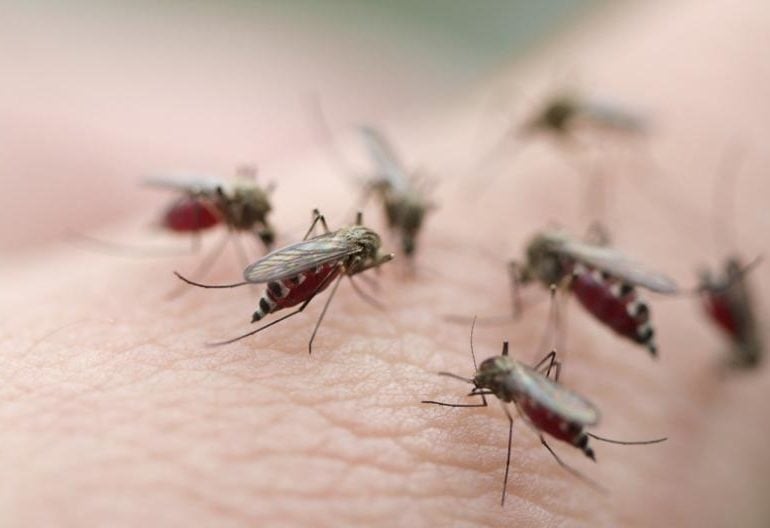Genetically altered mosquitoes have been released for the first time in the US state of Florida for a project meant to reduce the spread of deadly diseases like dengue, yellow fever, and the Zika virus.
According to Reuters, Oxitec, a British-based biotechnology firm, and the Florida Keys Mosquito Control District (FKMCD) launched the new project after an odyssey spanning more than a decade to secure regulatory approval.
Oxitec and local authorities said they started the project to reduce Aedes aegypti species spreading these diseases.
It is understood that half a dozen boxes containing the OX5034 mosquito created by the biotech firm were released in the Florida Keys, an archipelago stretching 120 miles (195 km) off the southern tip of the state.
Since only female Aedes aegypti bite and spread disease, Oxitec created males that pass on a gene that kills female offspring before maturity. It is expected that the male will continue mating and passing on the altered gene.
Speaking on how the boxes would work, Meredith Fensom, Oxitec’s head of global public affairs, said: “Inside we have a small container, and this is what we put the mosquito eggs in. We also have a small container for food.
“We leave it open. And then we fill the box, less than half full, with water. We close the lid, and after a week or two, our non-biting male mosquitoes begin to emerge.”
On the back of similar projects that the firm stated have had over a 90 percent success rate in Brazil, Panama, the Cayman Islands, and Malaysia, Oxitec explained that some 12,000 mosquitoes will be released in the initial stage.
It said that tens of millions of genetically modified Aedes aegypti will then fan out across the region later in 2021.
On how it plans to monitor the project, Fensom added that the mosquitoes have been designed to emit a fluorescent glow so that they can be more easily identified and studied when they are captured.
It was gathered that the environmental protection agency in the US had granted an experimental use permit (EUP) to Oxitec on May 1.
Local residents and groups were said to have expressed worries that not enough is known about the long-term effects of the new tech.
In reaction, Andrea Leal, FKMCD’s executive director, pointed out that she understands community concerns but added that traditional methods like fumigation from trucks and helicopters have become more ineffective.
“We are seeing resistance in some of our current control methods, which has made our job at Mosquito Control that much harder,” said Leal at the FKMCD’s headquarters in Marathon, Florida.
“We’re looking to integrate whatever we can into our current control methods just to make sure that we can suppress that population below disease transmission thresholds.”
Copyright 2025 TheCable. All rights reserved. This material, and other digital content on this website, may not be reproduced, published, broadcast, rewritten or redistributed in whole or in part without prior express written permission from TheCable.
Follow us on twitter @Thecablestyle

